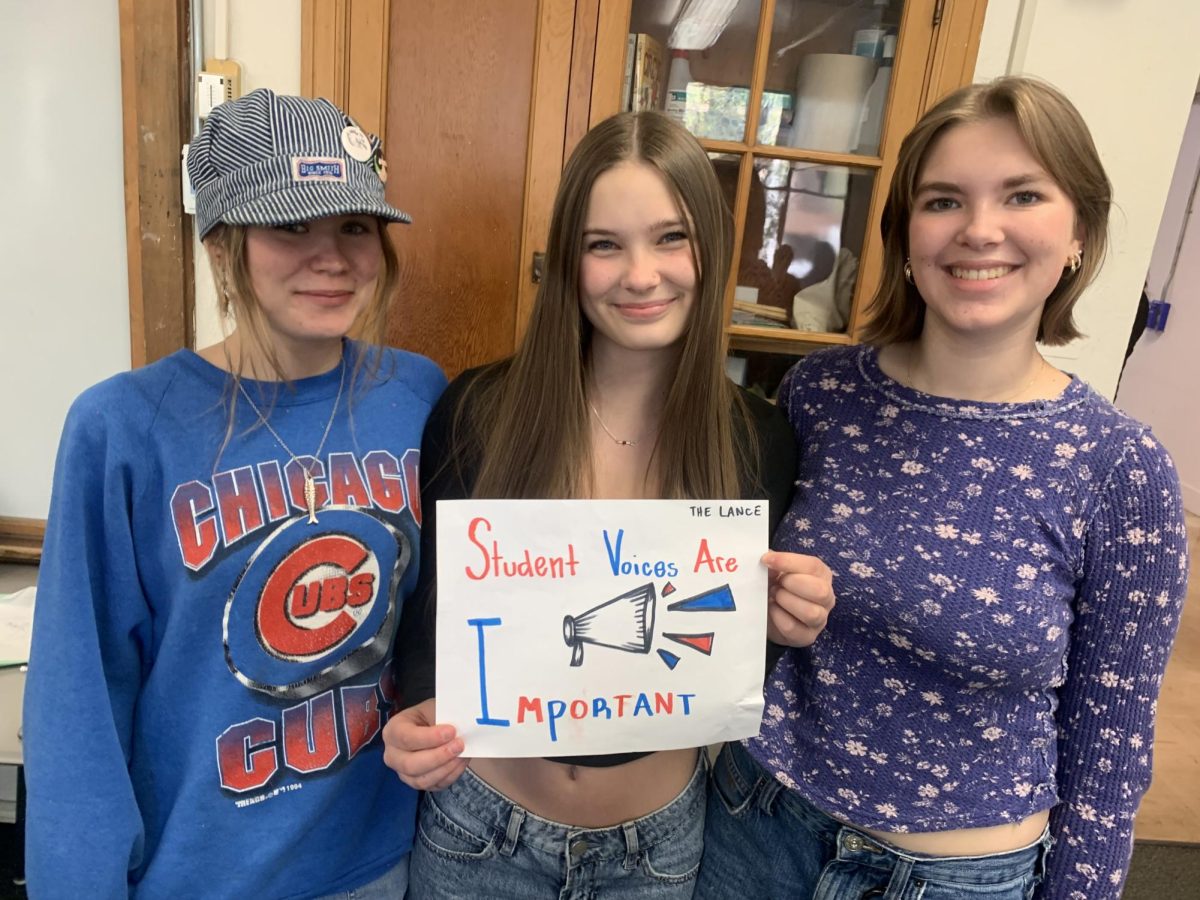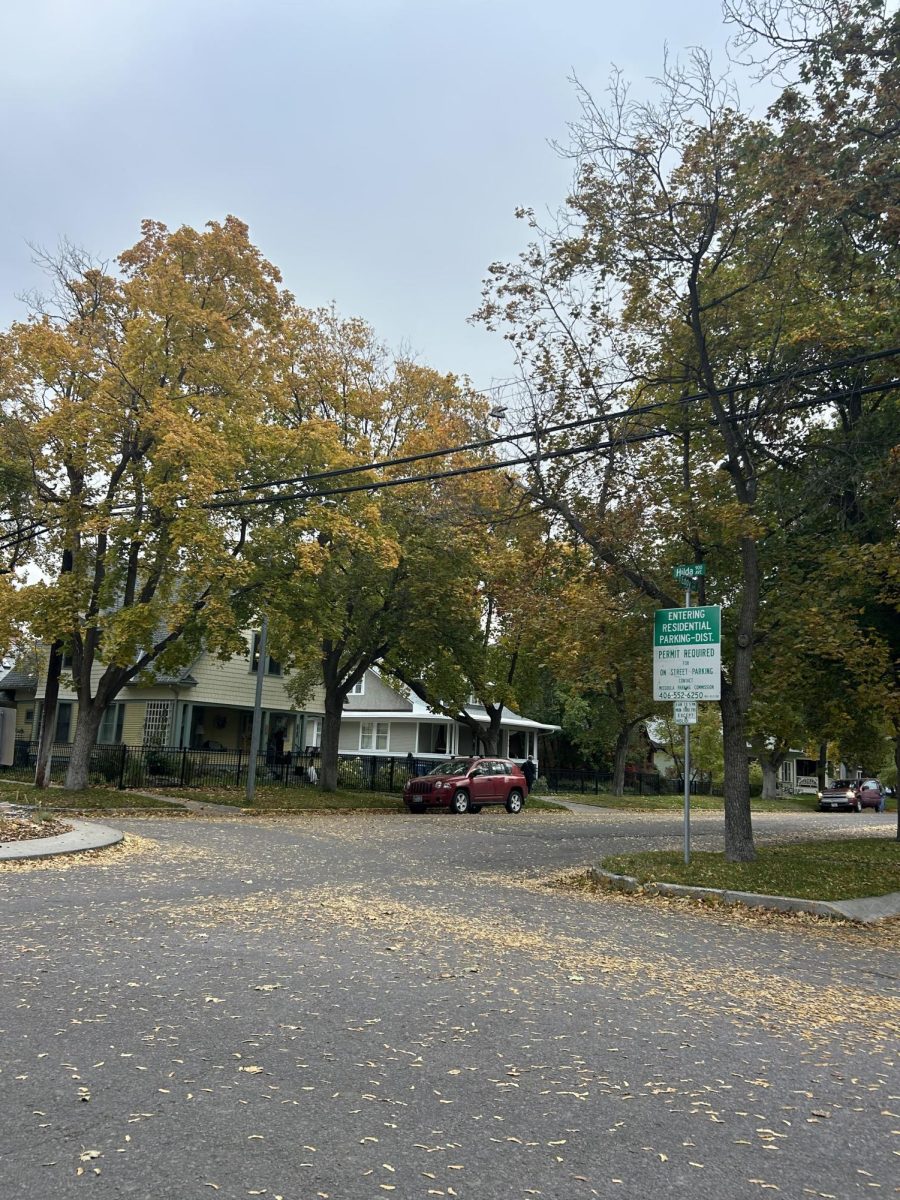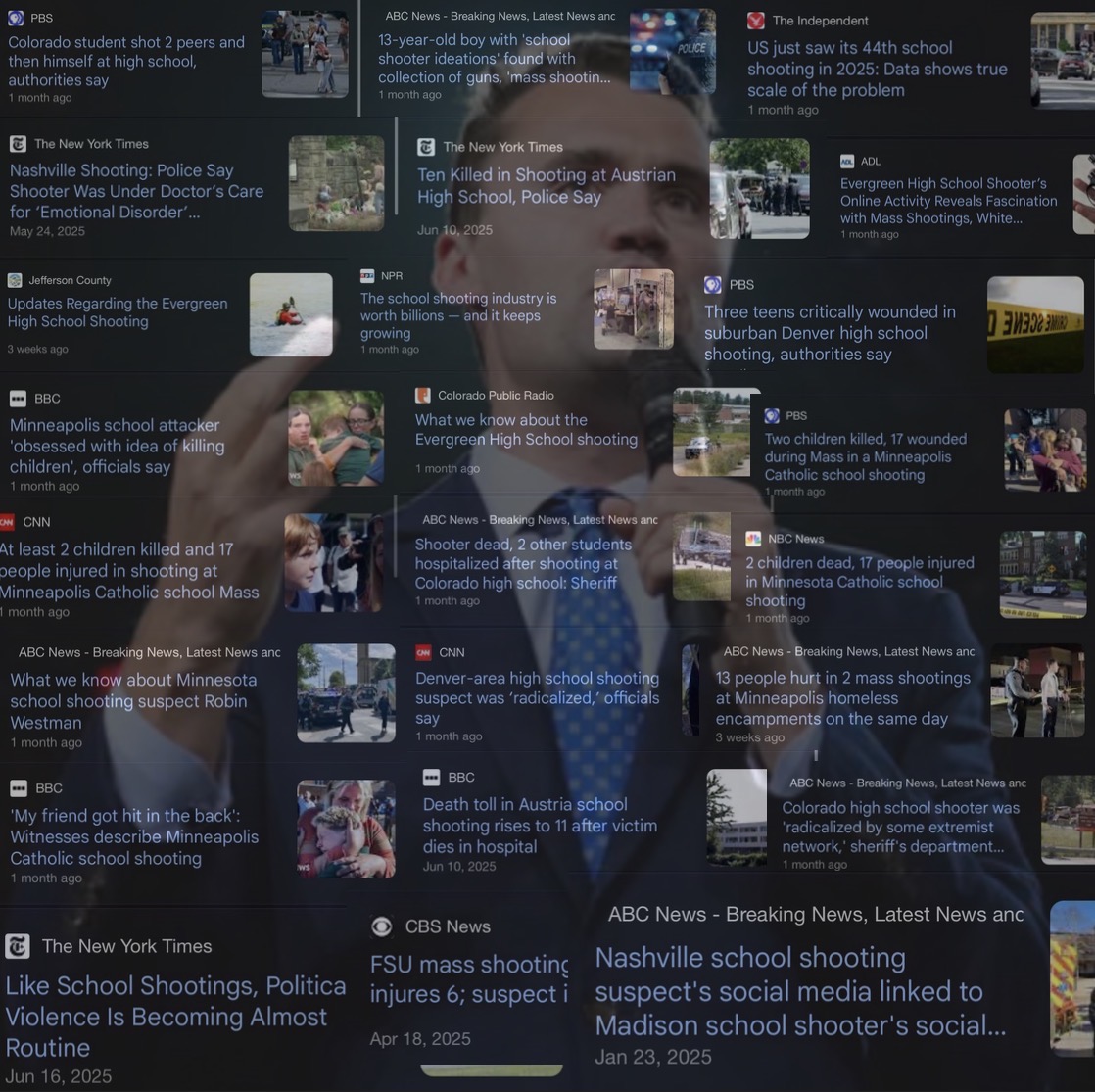In classrooms across the United States, students are speaking out—not just in discussions or essays, but in the growing movement for voting rights in educational policy decisions. As debates around school funding, curriculum changes, standardized testing, and mental health support intensify, many teenagers are asking a simple but powerful question: Shouldn’t we have a say in the decisions that affect us every day?
Advocates for youth voting rights argue that teenagers, especially those in high school, are directly impacted by education policies and should therefore have a voice in shaping them. Groups like Vote16USA and local youth-led organizations have been lobbying school boards and state legislators to lower the voting age for school board elections or to allow non binding student votes on education issues.
Some districts have already made moves in this direction. Takoma Park, Maryland, became the first U.S. city to lower the voting age to 16 for local elections in 2013. Since then, several other cities—including Berkeley, California, for school board elections—have followed suit.
Supporters argue that teens are informed, passionate, and already engaged in civic life through volunteering, activism, and student government. They say early voting experiences can build lifelong habits and increase civic participation overall.
Critics, however, worry about whether teens have the maturity and knowledge to make complex policy decisions. Still, studies suggest that 16- and 17-year-olds perform as well as older voters in terms of understanding political issues and making informed choices—particularly when it comes to topics like education that affect them directly.
While federal and state laws currently prevent minors from voting in most elections, there’s growing pressure to rethink the role young people can and should play in democracy. Some school boards have started experimenting with student advisory votes or including student representatives in decision-making meetings.
As education becomes a political battleground, teens are no longer content to be passive participants. They are raising their voices—and increasingly, demanding the right to vote.
So what does Hellgate think? Sophomore Yvette Ballantyne agrees that students should be able to have a voice “100 percent”
On a less optimistic note, Hellgate math teacher Ms. Hurd believes that, “I think you should have a voice, yes, do I think that’s gonna happen, no.”
However the movement is already happening, and the critics are being drowned in the call for the next generation to have a voice now.






